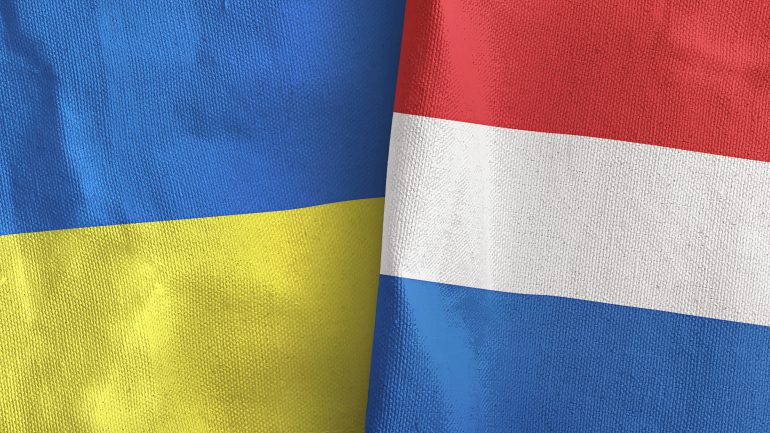Ukrainian refugees in the Netherlands appreciate the warm reception and support they’ve received, but face challenges integrating into Dutch society. Of the 117,000 registered refugees, many praise their experiences, ratingthem 8.7 out of 10, according to a WODC study. Early support from host families who provided shelter and guidance was incredibly impactful. Initially, a quarter of refugees stayed with host families, though this has since dropped to 8%,highlighting the importance of early assistance in easing their transition.
Long-term plans but short-term challenges
According to the WODC, 75% of the Ukrainians in the Netherlands want to stay for at least the next two years. However, the Temporary Protection Directive under which they are registered imposes limitations that make it difficult for refugees to build stable lives. This directive allows Ukrainians to access healthcare, education and work without undergoing the traditional asylum process, but its temporary nature leaves long-term plans in limbo.
‘The arrangement has been extended several times and now runs until 4 March 2026,’ explains WODC researcher Sanne Noyon. ‘But now that the war continues, we have to ask ourselves: are these kinds of solutions alsosustainable in the long term?’ This uncertainty hampers not only the refugees’ ability to make plans but also the capacity of municipalities and employers to provide stable solutions, such as long-term housing and job contracts.
Employment: a double-edged sword
The Temporary Protection Directive enables Ukrainian refugees to work immediately upon arrival, with 61% currentlyemployed – a significantly higher rate than other refugee groups, according to the WODC. However, much of this work is precarious, involving temporary contracts and roles below the refugees’ qualifications, leaving their professionalskills underutilised. Refugees also report poor working conditions, including long hours and instances of discrimination or exploitation. Despite these issues, they generally rate their work experiences positively, averaging a score of 7.3.
Language barriers, housing and mental health
A lack of Dutch language proficiency remains one of the most significant hurdles for Ukrainian refugees. As reportedby broadcaster NOS, many refugees wish to learn Dutch but have limited opportunities. Unlike other refugee groups, Ukrainians are not enrolled in integration programs, which typically include language education. Without these resources, they rate their Dutch skills at an average of 2.2. This language barrier limits their job prospects and hampers social integration. Many refugees desire more interaction with Dutch people, but opportunities for suchconnections remain limited.
Housing is another critical issue. Only 10% of Ukrainian refugees live independently, while most reside in municipal reception centres, often shared spaces. According to the WODC study, many refugees would prefer to move intoprivate housing, but face financial and logistical barriers.
Mental health concerns also loom large. Over half (58%) of Ukrainian refugees report moderate to poor general health, and 45% describe their mental health as poor – a significantly higher percentage than in the general Dutch population,where this figure stands at 14%. Women in particular report worse mental health. Many refugees suffer from stress and insomnia, but cultural taboos and barriers to accessing care mean that only a tiny percentage seeks professional help.
A call for sustainable solutions
As the war in Ukraine persists, experts stress the need for long-term strategies to help Ukrainian refugees integrate into Dutch society. Language education is essential to foster self-reliance and build social connections. Creating job opportunities that align with refugees’ qualifications is also a priority. Expanding access to affordable housing and mental health care could enhance their quality of life.
While Ukrainian refugees remain optimistic about their lives in the Netherlands, challenges like language barriers, employment mismatches, housing shortages and mental health struggles underline the need for sustainable policies. ‘The longer a war lasts, the more people want to stay,’ noted Noyon, emphasising that investing in integration now could prevent future disadvantages and create a brighter future for refugees and the Netherlands.
Written by Nicole Bea Kerr
